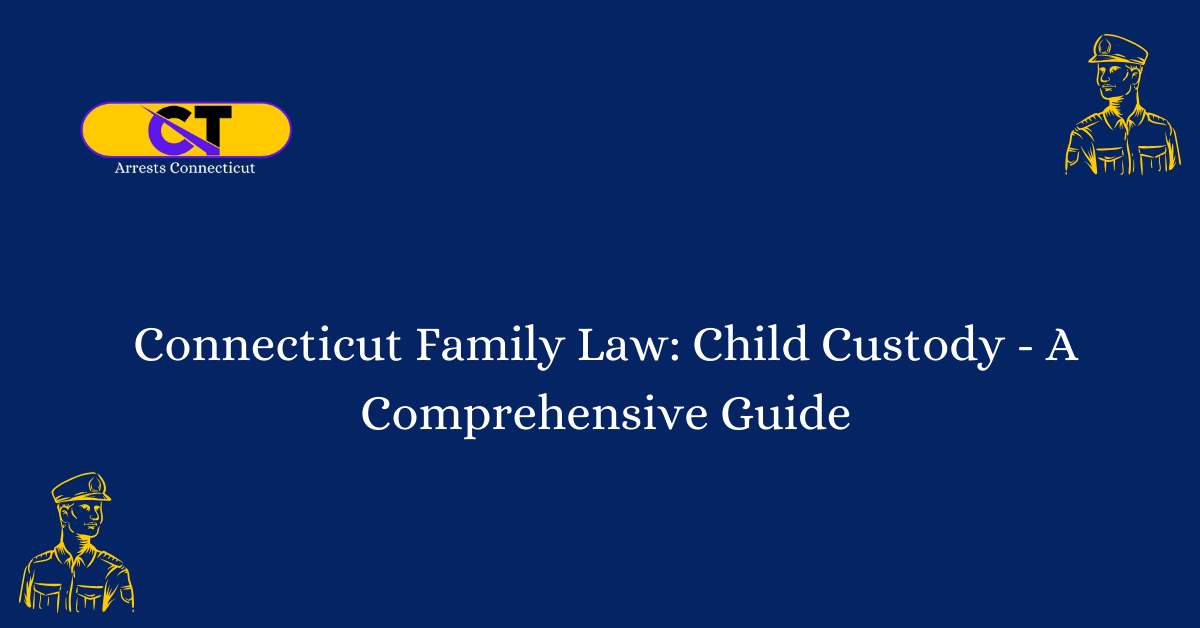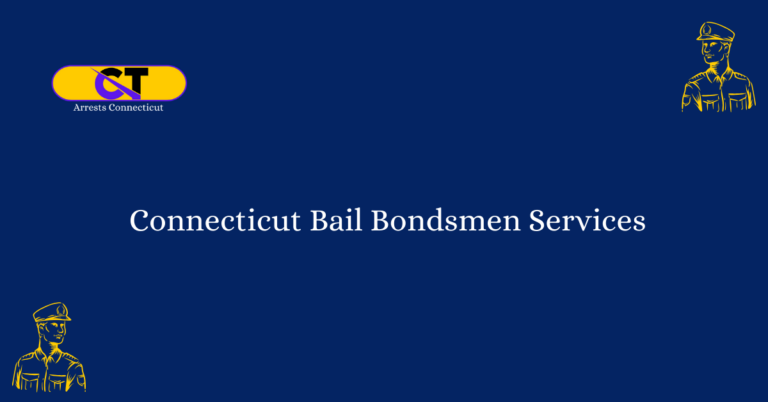Connecticut Family Law Child Custody – A Comprehensive Guide
Connecticut Family Law and Child Custody are intricately intertwined, with the state’s legal framework placing a strong emphasis on the best interests of the child. As parents face the challenging decision to part ways, understanding the nuances of child custody laws in Connecticut becomes paramount. This comprehensive guide aims to demystify the process by exploring the legal foundation, the factors influencing court decisions, various types of custody, and the procedural intricacies involved.
Legal Framework
At the core of Connecticut’s child custody proceedings is the Uniform Child Custody Jurisdiction and Enforcement Act (UCCJEA). This legal framework ensures that custody decisions are made in the jurisdiction most closely connected to the child, promoting consistency and fairness in the legal process.
Best Interests of the Child
In Connecticut, family courts prioritize the well-being of the child when determining custody arrangements. Various factors, including age, health, and the ability of each parent to provide a stable environment, are meticulously weighed to ascertain the child’s best interests.
Types of Custody
Connecticut recognizes two primary forms of custody: physical and legal. Physical custody pertains to the child’s residence, while legal custody involves decision-making authority. Both can be awarded as sole or joint arrangements, with the court tailoring decisions to the specific circumstances of each case.
Factors Considered by the Court
When making custody determinations, Connecticut courts evaluate several crucial factors. Parental fitness, the stability of the child’s current living situation, the child’s preferences (if mature enough), co-parenting abilities, and any history of domestic violence or abuse are among the considerations that weigh heavily in the decision-making process.
Legal Procedures
Navigating the legal landscape of child custody in Connecticut involves a structured process. From filing a petition to potential mediation and court appearances, understanding the sequence of legal procedures is essential. The court may appoint a guardian ad litem to represent the child’s best interests, and assessments or evaluations may be ordered to inform the decision-making process.
Modification of Custody Orders
Circumstances change, and Connecticut law acknowledges this reality. Parents seeking to modify existing custody orders must demonstrate a substantial change in circumstances and illustrate how the modification aligns with the child’s best interests.
FAQs
What is family law?
Family law is a legal field focusing on issues within familial relationships, including divorce, child custody, and spousal support, aiming to regulate and resolve conflicts through legal processes. It encompasses various aspects of family life to ensure fair and legal resolutions.
What is child custody?
Child custody refers to the legal and practical responsibility of caring for a child after a divorce or separation. It determines where the child will live and who will make important decisions regarding their upbringing.
How is child custody determined in Connecticut?
In Connecticut, child custody is determined based on the best interests of the child. Factors such as the children’s relationship with each parent, their physical and emotional well-being, and the ability of each parent to provide a stable and loving environment are taken into consideration.
Can I modify a child custody agreement?
Yes, it is possible to modify a child custody agreement if there has been a significant change in circumstances since the original agreement was made. However, modifications to child custody agreements must still be approved by the court.
Do I need a lawyer for a child custody case?
While it is not required to have a lawyer for a child custody case, it is highly recommended. Family law can be complex, and having an experienced attorney by your side can help ensure that your rights and the best interests of your children are protected.
Conclusion
Comprehending the complexities of Connecticut Family Law and Child Custody is vital for any parent navigating the challenging terrain of separation or divorce. This guide provides a structured overview, emphasizing the importance of the legal framework, the child’s best interests, the types of custody, court considerations, legal procedures, and the potential for modification. Armed with this knowledge, parents can approach child custody matters with a clearer understanding of the legal landscape, ensuring the protection and prioritization of their child’s well-being.







